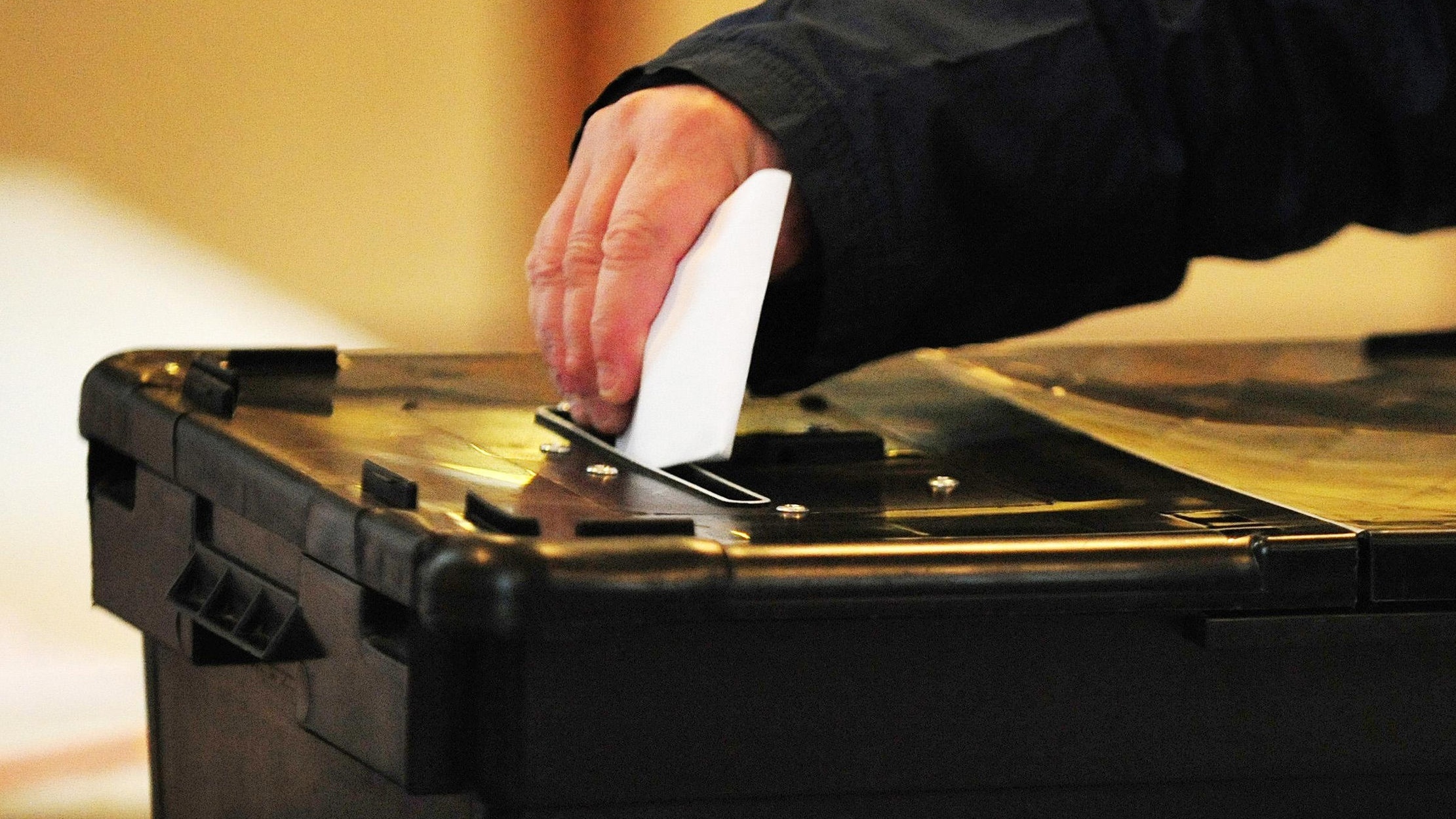
SWATHES of Scotland have never been represented by a female MP, even after a century of women standing for parliament, research reveals.
The constituencies of Orkney and Shetland, Na h-Eileanan an Iar (Western Isles) and Caithness, Sutherland and Easter Ross have never had a female representative.
Other constituencies in Scotland largely unrepresented by women – taking into account boundary changes over the years – include Dumfries and Galloway and Ross, Skye and Lochaber.
Berwickshire, Roxburgh and Selkirk and Aberdeenshire West and Kincardine are also among the areas affected, according to the House of Commons research.
The map was drawn up by House of Commons researchers to mark the 100th anniversary of the first woman elected to the House of Commons in 1918.
Now campaigners have called for more action to ensure equal representation in politics, warning a culture of sexism and lack of flexibility are acting as barriers to women.
Talat Yaqoob, chair of Women 50:50, which campaigns for fair representation in Scotland, said it was “shocking, but not surprising” to see areas in Scotland which have never been represented by a woman.
She said: “While we celebrate 100 years of women having the opportunity to stand for election, we need to balance the celebrations with action to ensure women do have equal access to participation.
“The decisions that are made within politics affects every part of our lives – the education system, the justice system, healthcare.
“Women are using these services and are part of these institutions, so it is vital they are equal decision-makers within these institutions as well.”
READ MORE:
Since 1918, when women were first allowed to stand as parliamentary candidates, there have been a total of 4,503 male MPs and only 491 women.
The first woman elected in Scotland was Katharine Murray, Duchess of Atholl, who was Conservative MP for Kinross and West Perthshire from 1923-38.
There have been 63 women MPs elected to represent Scottish seats in the past 100 years.
Hannah Stevens, programme manager of The Parliament Project, who carried out the research, said: “There are lots of barriers women face in getting involved in politics – care-giving responsibilities, time and money are all issues that women raise in our sessions.
“Women are sitting in our sessions saying that online abuse scares them off putting themselves forward too.
“We are trying to encourage women to see that they often have the skills needed in standing for office.”

Enjoy the convenience of having The Sunday Post delivered as a digital ePaper straight to your smartphone, tablet or computer.
Subscribe for only £5.49 a month and enjoy all the benefits of the printed paper as a digital replica.
Subscribe